Secret of Jay Z- Not A Businessman– A Business, Man!
- Posted on
- Comment
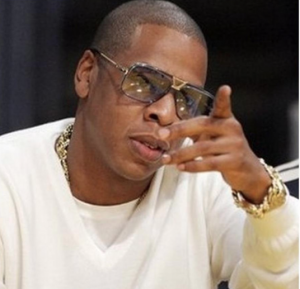
With nearly 40 million albums sold and a business empire that includes clothing, fragrances, the New Jersey Nets, sports bars, liquor, and hotels, Jay-Z has transformed himself into one of the most potent brands in the world
“With education comes refinement,” Jay-Z observes late one Friday afternoon. He’s lounging on a couch in a studio at the Chelsea Piers Sports and Entertainment complex on the far west side of Manhattan and speaking between nibbles of a takeout salad in a plastic container and sips from a bottle of water. In his everyday speech, as in his raps, Jay-Z is inclined toward aphorisms, the compressed expression of complicated ideas, delivered with rhetorical flair. It’s hard-earned wisdom, graced by a poet’s touch.
He is relaxing after a typically jam-packed day that included a photo shoot, an interview, and a meeting about his potential involvement in a forthcoming video game. He celebrated his 39th birthday the night before with the staff of his Rocawear clothing line, so a mild fatigue has set in. Slender and six feet three inches tall, Jay-Z is an imposing figure, even in relative repose. He’s wearing distressed jeans that hang loosely from the middle of his hips, black sneakers, and a long-sleeved black T-shirt that has replaced the pristine short-sleeved white one he wore before changing for his photo shoot. The look is studiously casual . . . until you glance at his left wrist and notice a diamond watch so thick it could pass for a weight band.
The winter sky is growing gray in the bank of windows behind him as the sun sets over the Hudson River. Jay-Z returns to the narrative of what, in the 19th century, would have been called his sentimental education, the education of his emotional life. That journey to refinement began in the rugged Marcy Projects in Brooklyn’s Bedford-Stuyvesant district, and now continues in arenas and boardrooms, in posh homes and VIP hideaways, around the world.
Jay-Z feels comfortable in all of these realms. “I’ve never looked at myself and said that I need to be a certain way to be around a certain sort of people,” he explains. “I’ve always wanted to stay true to myself, and I’ve managed to do that. People have to accept that. I collect art, and I drink wine . . . things that I like that I had never been exposed to. But I never said, ‘I’m going to buy art to impress this crowd.’ That’s just ridiculous to me. I don’t live my life like that, because how could you be happy with yourself?”
Staying true to yourself might stand as a succinct summary of Jay-Z’s philosophy of success. The notion goes back to Shakespeare’s “To thine own self be true,” and further back than that to the Greeks. But for Jay-Z, it has an urgently contemporary meaning. Even, or perhaps, especially, in recessionary times, amid the thousands of entertainment and lifestyle choices consumers have available to them, what separates winners from losers is a commitment to a single proposition: You are the product. If people believe in you, they will believe in what you create. Jay-Z understands this and is down with it.
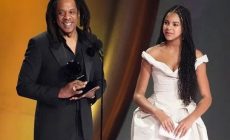
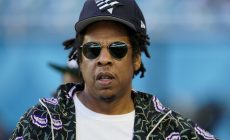
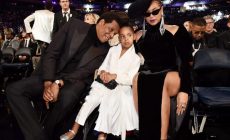
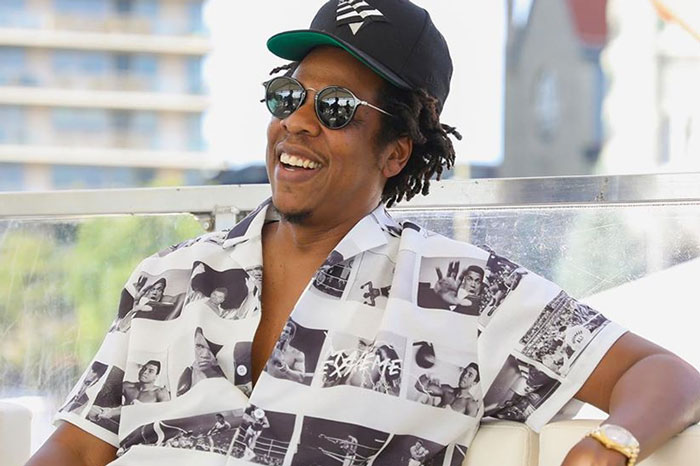






 (Selorm) |
(Selorm) |  (Nana Kwesi)
(Nana Kwesi)